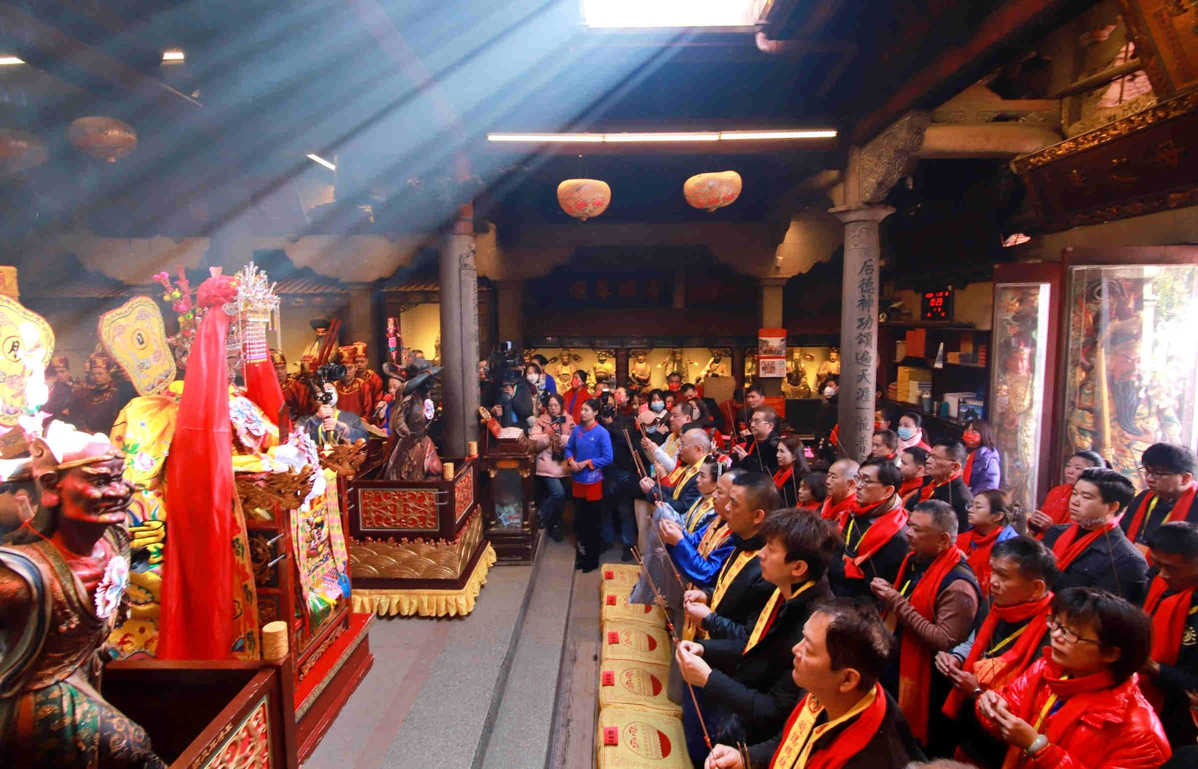Shared belief in Mazu sea goddess reinforces cross-Straits exchanges


The optimization of COVID-19 control on the Chinese mainland has paved the way for exchanges across the Taiwan Straits this year, especially over the Lantern Festival, which was celebrated on Sunday, and is an important time of family reunions.
On Jan 28, a group of 20 pilgrims flew from Taiwan to Xiamen in Fujian province, and then took a bus to Meizhou, a seaside resort in Putian to honor Mazu — a revered goddess of the sea who is worshipped on both sides of the Straits — and celebrate the festival with people on the mainland.
Mazu lies at the heart of numerous beliefs and customs, including oral traditions, religious ceremonies and folk practices. Before the epidemic, many Taiwan compatriots made the pilgrimage to Meizhou, which is believed to be the hometown of the sea goddess.
"For the past three years, there has been little interaction between believers from the two sides. Most activities have been organized online," said Wang Shuang-hsiu, a member of the visiting group.
The group was the first from Taiwan to visit Meizhou since the optimization of epidemic control measures.
Wang said they received a warm welcome from devotees in Meizhou. During their four-day visit, the pilgrims joined local people in attending the grand ceremony to worship Mazu, which included a parade with a statue of the sea goddess and the lighting of joss sticks at temples.
The visitors also tried their hand at making local snacks and the women in the group dressed up as Meizhou women, wearing the boat-shaped "Mazu bun". They also attended family dinners with Meizhou residents.





































